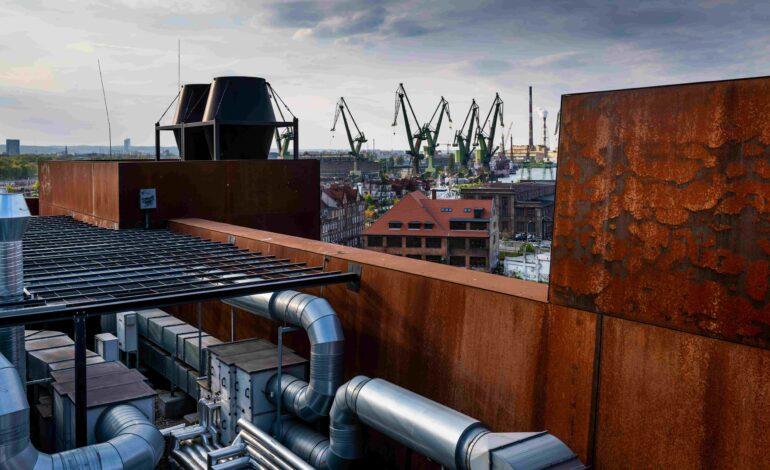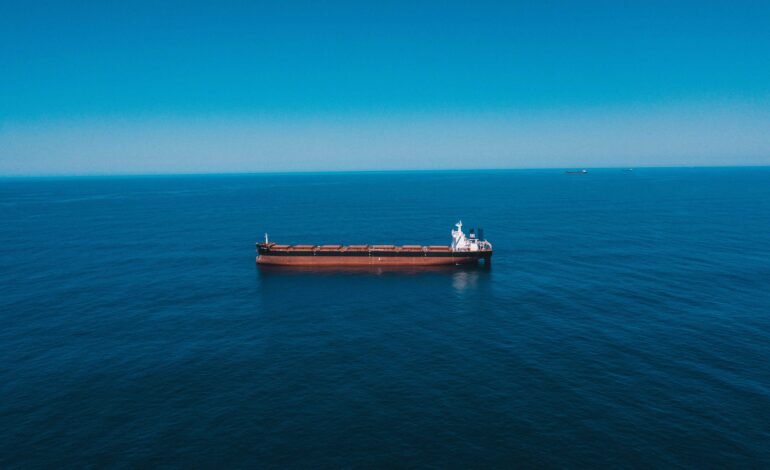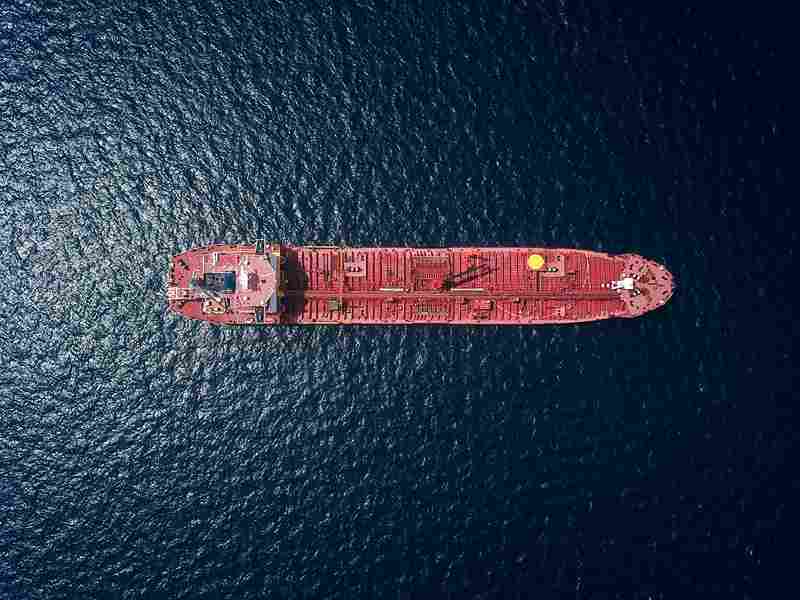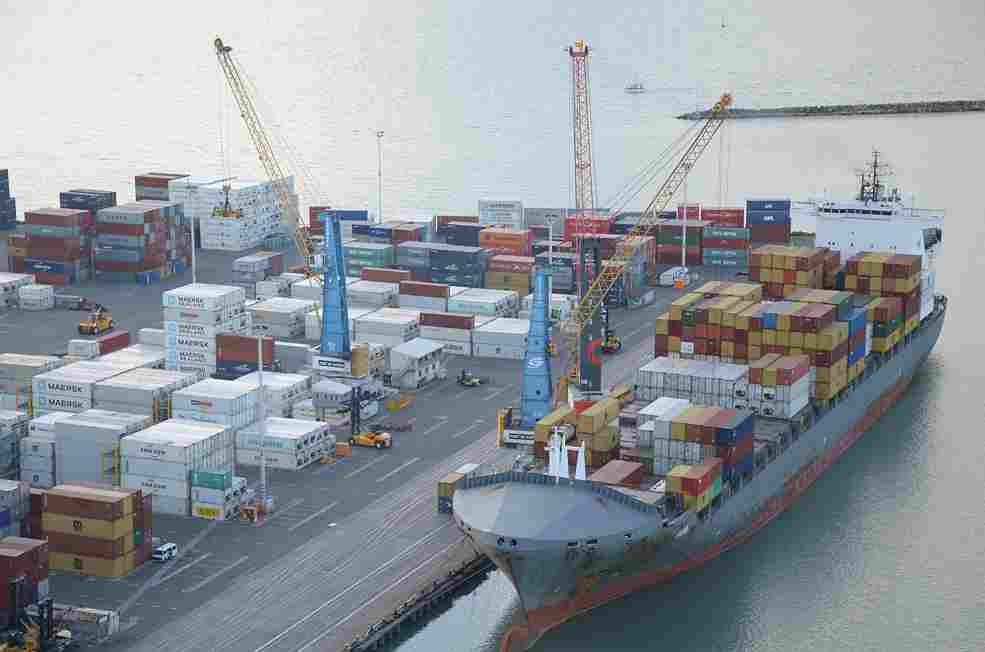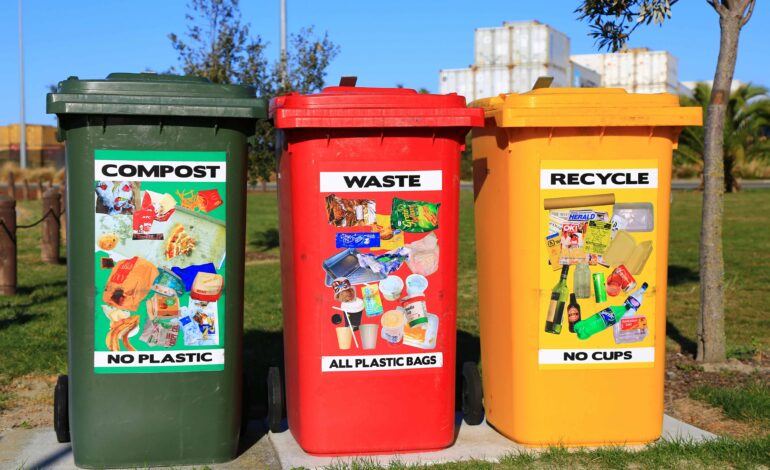
Waste Management in Bunker Fuel Operations
In the realm of maritime transport, bunker fuel operations are crucial for powering vessels across the seas. However, with this essential function comes the responsibility of managing waste generated during fueling processes. Effective waste management not only ensures compliance with environmental regulations but also contributes significantly to sustainable maritime practices.
The Challenge of Waste in Bunker Fuel Operations
Bunker fuel operations involve the transfer of large quantities of fuel from storage tanks to ships. This process inherently produces various types of waste, including:
- Residual Fuel Oil: The main product handled in bunker operations, residual fuel oil can leave sludge and sediment.
- Packaging and Containment Waste: Materials such as drums, hoses, and absorbent pads used in fuel transfer are common sources of waste.
- Chemical and Biological Waste: Cleaning agents, solvents, and other chemicals used for maintenance and spill cleanup add to the waste stream.
Environmental Impact and Regulatory Compliance
Improper management of bunker fuel waste can lead to significant environmental consequences. Fuel spillage, improper disposal of waste oils, and leakage from storage tanks pose risks to marine ecosystems, wildlife, and coastal communities. Consequently, stringent international and national regulations, such as MARPOL (International Convention for the Prevention of Pollution from Ships), mandate proper waste handling procedures to mitigate these risks.
Best Practices in Waste Management
To address these challenges effectively, maritime operators and port authorities are adopting comprehensive waste management strategies:
- Segregation and Collection: Waste materials are segregated at the source (onboard ships or at ports) into categories such as oily waste, hazardous waste, and general waste for proper collection and disposal.
- Treatment and Recycling: Technologies for treating oily waste, including centrifugation and filtration systems, are employed to separate water from oil residues, facilitating recycling and reuse where feasible.
- Incineration and Disposal: Non-recyclable and hazardous waste undergoes safe disposal methods, such as incineration in specialized facilities or landfilling under strict regulatory controls.
- Training and Awareness: Training programs ensure crew members and port personnel are well-versed in waste handling protocols, emphasizing spill prevention, emergency response, and the use of protective equipment.
Innovations Driving Sustainability
Recent advancements in waste management technology have further enhanced sustainability efforts in bunker fuel operations:
- Automated Monitoring Systems: IoT-enabled sensors and monitoring devices help track fuel quality and waste generation in real-time, enabling proactive waste management.
- Bioremediation Techniques: Biological agents are utilized to break down hydrocarbons in oily waste, offering eco-friendly alternatives to traditional treatment methods.
Future Outlook
Looking ahead, the evolution of waste management practices in bunker fuel operations is poised to continue. The industry is increasingly focusing on reducing waste generation through fuel efficiency measures, exploring alternative fuels, and investing in cleaner technologies. Collaboration between stakeholders—shipping companies, port authorities, environmental agencies, and technology providers—is pivotal in driving these innovations forward.
Conclusion
Effective waste management in bunker fuel operations is not just a regulatory requirement but a cornerstone of sustainable maritime practices. By implementing robust waste handling strategies, stakeholders can mitigate environmental impact, ensure compliance with global regulations, and pave the way towards a cleaner, more sustainable future for marine transportation. As technology and awareness continue to evolve, the industry’s commitment to responsible waste management will play a crucial role in preserving our oceans and coastal environments for generations to come.

